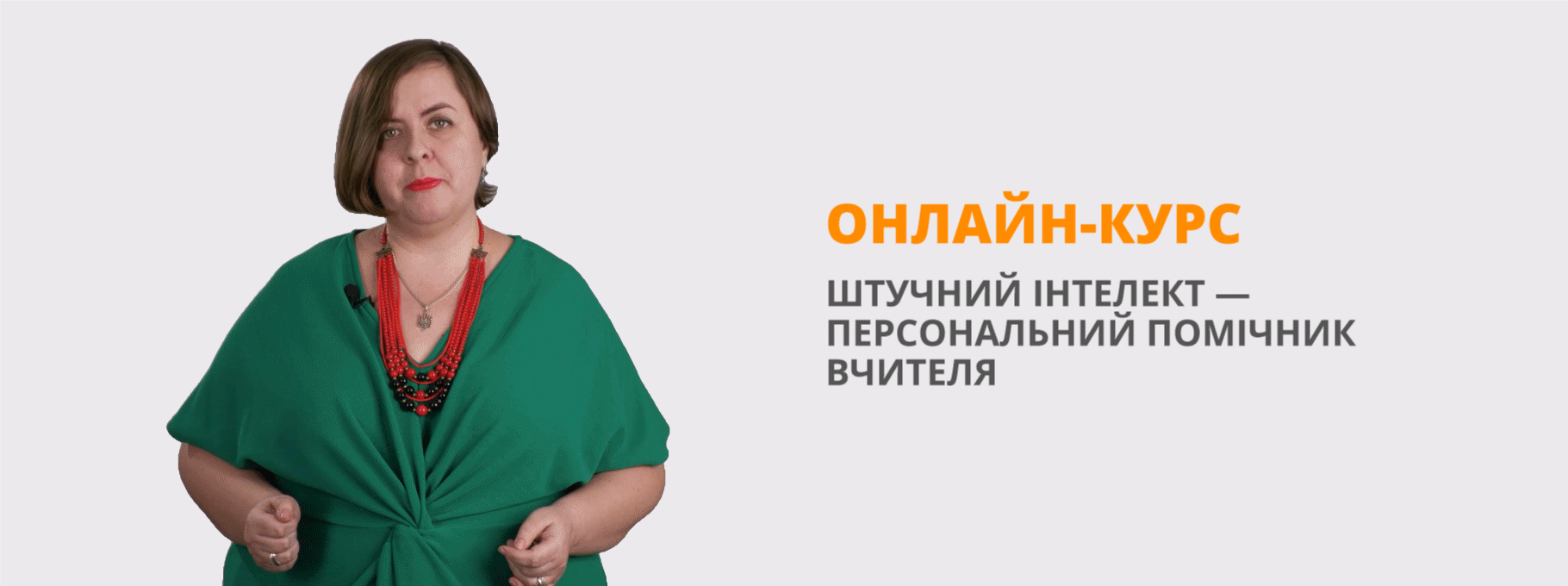Урок "The Outstanding Personalities: Napoleon"
Title: Napoleon and the 'Used to' Grammar
Objective:
- To learn about Napoleon's life and impact on history.
- To practice using the 'used to' structure in sentences.
Materials Needed:
- Brief biography of Napoleon (prepared by the teacher)
- Whiteboard/flip chart and markers
- Worksheets with sentences for 'used to' practice
- Game materials (optional)
Duration: 90 minutes
Activity 1: Introduction (15 minutes)
1. Begin by showing a picture of Napoleon and asking students if they recognize him. Discuss any prior knowledge they may have.
2. Provide a brief biography of Napoleon, highlighting key events in his life and his significance in history. Encourage questions and discussion.
Activity 2: Used to Structure (20 minutes)
1. Explain the 'used to' structure for talking about past habits or states.
2. Provide examples on the board, both affirmative and negative.
- Affirmative: He used to live in France.
- Negative: She didn't use to like history.
3. Ask students to form sentences about their own past habits using 'used to'.
Activity 3: Pair Work (20 minutes)
1. Provide worksheets with sentence prompts using 'used to'. Each student pairs up and takes turns completing the sentences about themselves.
2. Encourage them to share some of their sentences with the class.
Activity 4: Group Work (15 minutes)
1. Divide the class into small groups.
2. Assign each group a topic related to Napoleon's life (e.g., early life, military campaigns, reforms).
3. Instruct them to discuss and prepare a short presentation using 'used to' to describe aspects of Napoleon's life.
Activity 5: Game - 'Napoleon Trivia' (15 minutes)
1.Prepare a set of trivia questions related to Napoleon's life and achievements. Assign points for correct answers.
2. Divide the class into teams.
3. Ask questions one by one, and teams take turns answering.
4. Award points for correct answers. The team with the most points wins a small prize or recognition.
Activity 6: Rap Battle (5minutes) Two teams read prepared poem .
Wrap-Up and Homework (5 minutes)
1. Review key points learned during the lesson.
2. Assign homework that reinforces the 'used to' structure, such as writing short paragraphs about historical figures or personal experiences.
Note: Customize the duration of activities based on the proficiency level of your students. Additionally, provide resources like the biography, worksheets, and trivia questions in advance for preparation.
Materials:
Napoleon Trivia Game Cards:
Card 1:
- Question: Where was Napoleon born?
- Answer: Corsica
Card 2:
- Question: At what age did Napoleon become a general in the French Revolutionary Army?
- Answer: 24
Card 3:
- Question: Which famous battle did Napoleon lose in 1815, marking the end of his rule?
- Answer: Battle of Waterloo 3. Napoleonic Code
- Symbolic representation or image related to the Napoleonic Code.
4. Emperor's Crown
- Illustration of Napoleon wearing the emperor's crown.
5. Corsican Landscape
- Picture of Corsican scenery to represent Napoleon's birthplace.
6. Exile on Saint Helena
- Image of Saint Helena island where Napoleon was exiled.
7. Napoleon Crossing the Alps
- Artistic representation of the famous painting.
8. Josephine
- Portrait of Napoleon's first wife, Josephine.
9. Imperial Eagle
- Symbol of the Napoleonic Empire.
10. Elba Island
- Image of Elba, where Napoleon was first exiled.
Remember to add labels or captions on the cards for better understanding. You can also include small descriptions or facts about each image to provide more context for the players.
Poem
In classrooms bright, we stand as one,
Learning English, and history's run.
Words and deeds, hand in hand,
Through time and language, we understand.
Verbs and tenses, battles fought,
In English lessons, knowledge sought.
With each page turned, we grow, we see,
We learn it all, you and me.

про публікацію авторської розробки
Додати розробку
